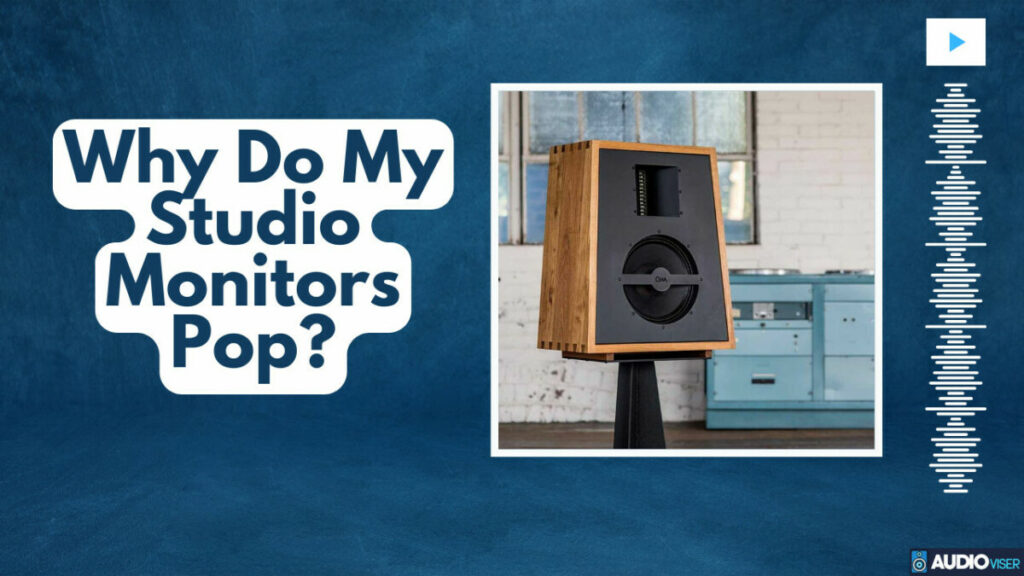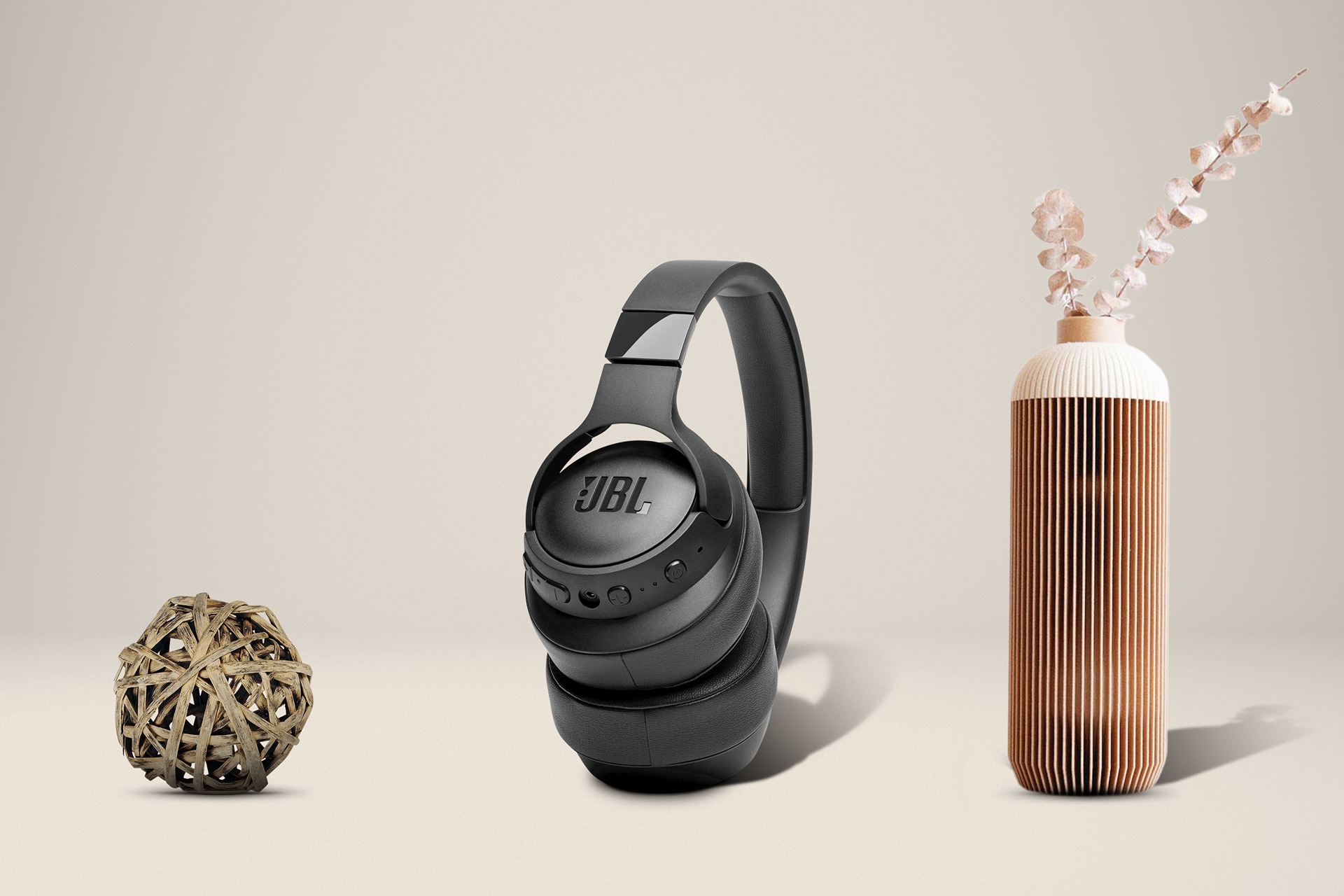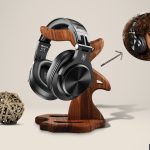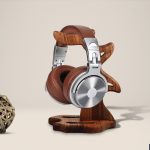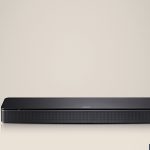So there you are, right in the thick of a super important mix, and out of nowhere, your studio monitors give a loud pop. It’s jarring, it’s unnerving, and you’re left wondering, ‘what the heck just happened?’
This guide is your new best friend. We’re going to dive deep into the why’s and how’s of those pesky popping sounds from your studio monitors. From the simple stuff to the more complex, we’ve got you covered.
We’ll explore stuff like electrical interference, how to troubleshoot, and ways to prevent it from happening in the future. So, buckle up and let’s get into the techy details and practical fixes.
Let’s sort out that irritating pop and get you back to your mixing groove.
Common Causes of Popping Sounds in Studio Monitors
There are a bunch of reasons why this could be happening, but let’s break down the usual suspects:
- Faulty Wires & Cables: Dodgy connections can give you shifty signal losses, popping up when you least expect them.
- Dodgy Audio Interface or Sound Card: Any drama with your audio interface or your computer’s sound card can sprinkle pops into your sound.
- Software or Driver Glitches: Any bugs lurking in your audio drivers or your DAW (Digital Audio Workstation) software can trigger pops popping up during playback.
- Electrical Interference: Other electronic devices or sucky grounding can bring in electric interference, stirring up the pops.
- Overloading or Clipping: Pump up the signal to your monitor too high, and you’ll get clipping that can sound like pops or distortion.
- Internal Wear and Tear: If any of your monitor’s inner electronics starts to throw in the towel, you’ll start hearing popping sounds.
To sidestep these issues, stay on top of your monitor upkeep. Regularly scrutinize your cables, volume, and any potential sources of interference. With this kind of attention to detail, you’ll keep your sound production game on point.
The Role of Electrical Interference in Monitor Pops

So where’s it coming from? Well, it could be your other electronics, those pesky power lines, or even your Wi-Fi router. Turns out, they’re all throwing off electromagnetic fields that can mess with your audio gear, triggering that annoying popping sound.
So, what’s the solution? It’s all about grounding, my friend. It’s kind of like giving the interference a backdoor to exit, so it doesn’t ruin your sound party. The method is pretty straightforward, just connect the metal parts of various devices to a common ground. It’s like setting up an escape route for the electrical noise that’s crashing your sound quality.
And trust me, it’s more than worth it. If done right, this can seriously cut down on the electrical noise and keep your sound quality pristine. After all, who doesn’t want a studio without those annoying pops?
Preventive Measures to Avoid Popping Sounds in Studio Monitors
If you’re like me, you’re probably fed up with those random annoying crackling noises coming from your audio gear. Well, let’s break down a few things you can do to nip this problem in the bud.
First off, let’s talk about cables. They’re like the unsung heroes of your audio setup. The quality of these bad boys can seriously make or break your sound. So, invest in some top-notch, well-insulated cables. It might seem like a minor detail, but trust me, it can be a game-changer. They can help you avoid any interference that could lead to those dreaded popping sounds. And don’t forget to give your cables a once-over now and then. Any damage or loose connections can mess with the signal, leading to unwanted noise.
Now, where you put your speakers is another important factor. You mightn’t realize it, but the location of your speakers can really impact the sound quality. Try not to place them too close to the walls or any other devices that could cause vibration or electromagnetic interference. Play around with different positions until you find the sweet spot where your sound is crisp and clear, minus any pops or crackles.
Equipment Tester & Reviewer
I’m an unbiased audio equipment tester & reviewer, dedicated to keeping you up-to-date on the latest and greatest in audio gear.

